We think the consequences of our actions are key to whether they are morally right or wrong. However, for Kant, acts of sacrifice, duty or courtesy are the most powerful testaments of freedom, because they are in opposition to what is consequentially good. No one understood this better than Vladimir Nabokov. His characters, especially in such infamous works as Lolita, are often labelled as simply morally repulsive. Yet Nabokov’s radical philosophical inquiry, as Dana Dragunoiu suggests, lies within his characters, who show moral excellence by managing to control their corrupt inclination, interests, or passions through Kantian acts of courtesy.
Freedom was a value of supreme importance for Vladimir Nabokov, the Russo-American writer who authored, most famously, Lolita. Nabokov’s achievement includes a massive body of work that includes fiction, poetry, drama, translation, autobiography, and even scientific writing. What is more, Lolita, while the best-known of his novels, is one of many masterpieces alongside The Defense, The Gift, Invitation to a Beheading, Pnin, Pale Fire, Ada, as well as his memoir, Speak, Memory.
___
Nabokov’s philosophically complex account of freedom is a consistent seam throughout his major works – and it has also led to confusion in their popular and critical reception.
___
Forced into exile in 1917 by the October Revolution, Nabokov had good reasons to champion freedom as passionately and consistently as he did. From his point of view and that of most Russian émigrés, the Bolsheviks substituted the tsarist tyranny with a tyranny of their own. For Nabokov in particular, this was especially painful because his father had been one of the “liberationists” who dedicated his life to transforming Russia into a modern liberal-democratic state. His father’s political activism and his murder in a bungled political assassination by far-right extremists is one of the most poignant chapters of Nabokov’s biography. Nabokov’s philosophically complex account of freedom is a consistent seam throughout his major works – and it has also led to confusion in their popular and critical reception.
As a writer of a radically misunderstood text, Nabokov has at least two major precursors. Milton and Dostoevsky were also wildly misinterpreted at certain points in their reception histories: the romantics believed that Milton’s Satan was the rebel-hero of Paradise Lost and the existentialists believed that Dostoevsky’s Ivan Karamazov was the rebel-hero of The Brothers Karamazov. A similar misinterpretation occurred in the wake of Lolita’s publication, when critics as astute as Lionel Trilling concluded that Lolita was a great love story and its narrator, Humbert Humbert, a romantic hero.
Looking at these texts together helps explain why such a misunderstanding occurred in the first place. Though Satan, Ivan, and Humbert are cast as villains in the works in which they appear, they are given the full scope of their creators’ eloquence. Their eloquence is so magnetic that readers come away believing that they are meant to fall under its spell. Another reason has to do with their shared aspiration for freedom. Satan and Ivan wish to be emancipated from the laws of God; Humbert wishes to be emancipated from the laws of humanity. The romantics and the existentialists were especially susceptible to such appeals because freedom was also the lodestar of their ambitions. Immersed in the context of the Cold War, the civil-rights movement, and the sexual revolution, Lolita’s first readers were also primed to respond with enthusiasm to Humbert’s arguments against arbitrary laws and culturally contingent taboos.







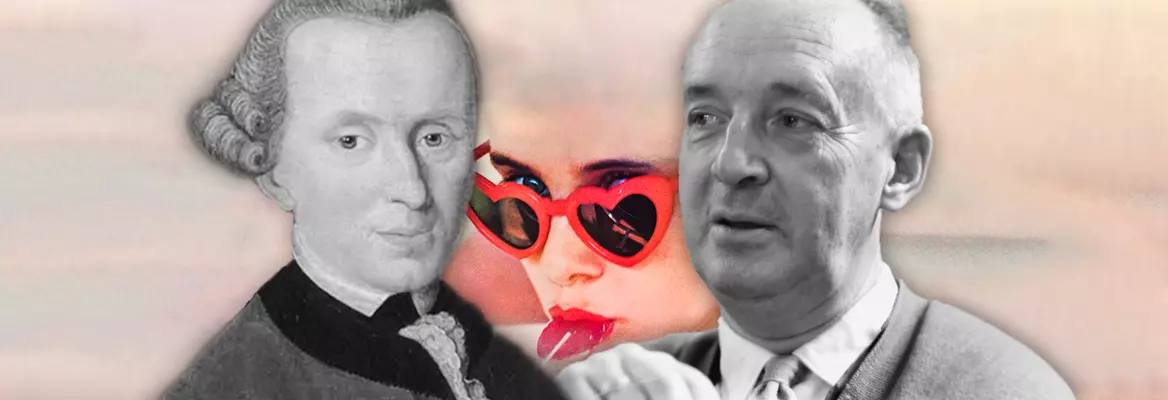


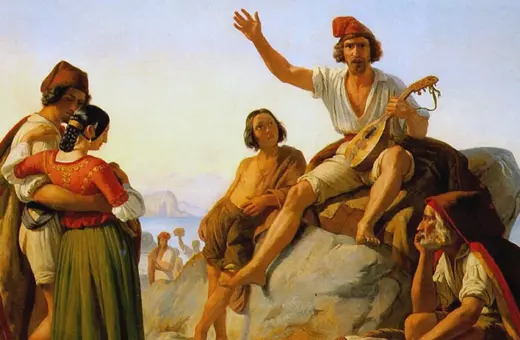
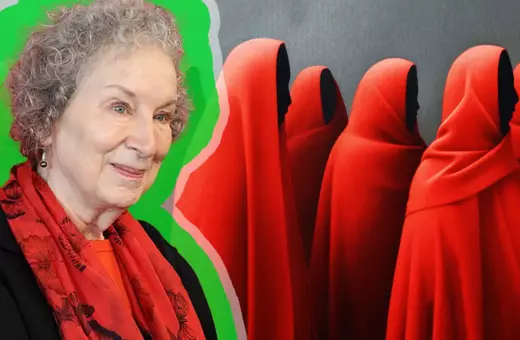


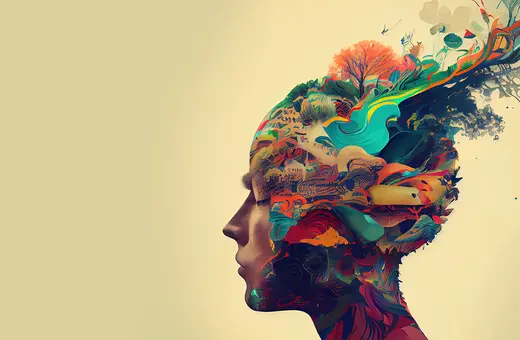


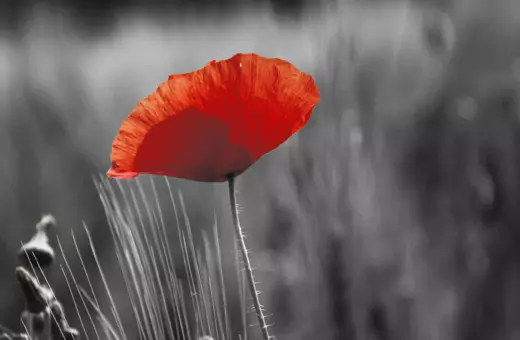



Join the conversation